‘Britain must abandon its indifference to the world’s most vulnerable people’
Your digest of analysis from the British and international press
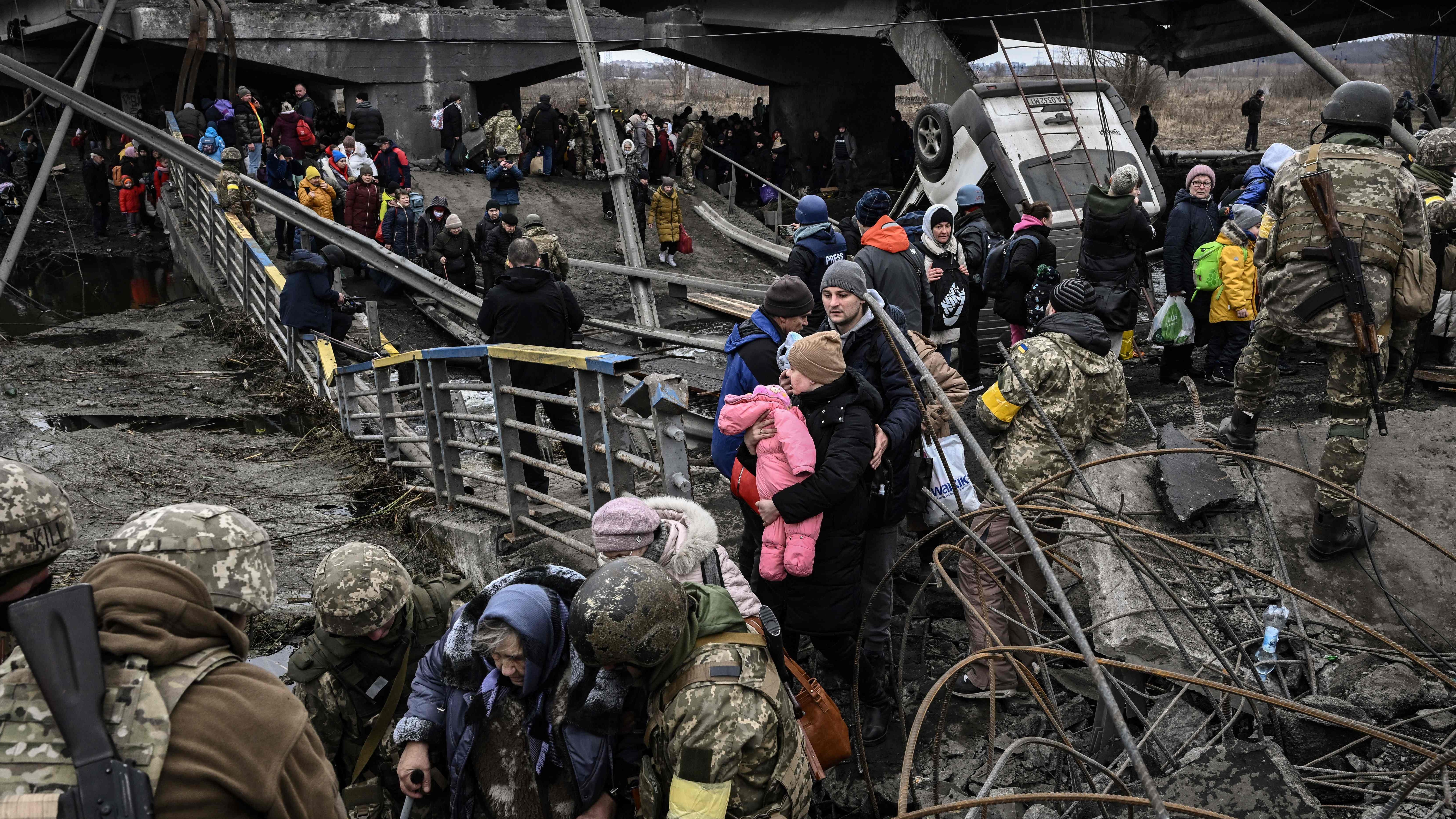
- 1. Putin’s brutal war is the moment for Britain to reset its attitude to all refugees
- 2. Chelsea fans will also pay the price for sanctions against Roman Abramovich
- 3. Why the pandemic’s increases in risky driving might not dissipate as we return to normal
- 4. At times like these, what women secretly want is a ‘real man’
- 5. Cinema tickets for ‘The Batman’ take flight
A free daily email with the biggest news stories of the day – and the best features from TheWeek.com
You are now subscribed
Your newsletter sign-up was successful
1. Putin’s brutal war is the moment for Britain to reset its attitude to all refugees
Owen Jones in The Guardian
On a collision course
“British political culture is nearly as hostile to self-reflection as it is to refugees,” says Owen Jones in The Guardian. “Demonising foreign ‘others’ has long been a convenient means of diverting working-class anger at economic insecurity away from powerful interests,” he argues. And hostile media coverage of refugees and migrants makes “public defence of refugees an act of political courage in normal times. But it can be done”, such as in 2015 when Alan Kurdi, a Kurdish toddler, washed up dead on a Turkish beach. After that incident, “the number of people who believed Britain should accept more refugees surged” because “the dehumanisation of refugees encouraged by our politicians and media outlets was momentarily confronted” and “parents kissing the foreheads of their little ones at night could visualise Alan as one of their own”. A large majority of Britons are in favour of taking in thousands of Ukrainian refugees, which has put “government cruelty and public opinion on a collision course”. “Now is a moment to argue for a new permanent settlement – for a Britain that abandons its particularly inhumane indifference to the world’s most vulnerable and desperate people, whether they come from Ukraine, Yemen or Afghanistan.”
The Week
Escape your echo chamber. Get the facts behind the news, plus analysis from multiple perspectives.

Sign up for The Week's Free Newsletters
From our morning news briefing to a weekly Good News Newsletter, get the best of The Week delivered directly to your inbox.
From our morning news briefing to a weekly Good News Newsletter, get the best of The Week delivered directly to your inbox.
2. Chelsea fans will also pay the price for sanctions against Roman Abramovich
John Simpson on the i news site
On a blue day
Yesterday was the 117th anniversary of Chelsea’s founding. But rather than being marked with celebrations, it was “one of the worst days the club has ever known”, says John Simpson on the i news site. The government may have “struck a major blow at Roman Abramovich” by freezing his UK assets, but it has hit Chelsea’s “faithful supporters” just as hard. Simpson, the veteran BBC correspondent, claims Abramovich “seems to have done what he could in recent years to keep his distance from Vladimir Putin” and has “revolutionised Chelsea FC” from “just another London club” to “one of the greatest clubs in the world”. At first Simpson assumed Chelsea “was just another über-rich man’s toy”, but he gradually found himself believing “that he loved Chelsea as much as we did”. Now Stamford Bridge is a “sad place”, with fans unable to spend money there, rumours of 10 players leaving and the club “as close to disaster as a multi-billion football club can get”. The sanctions may be the right thing to do, he adds, but “the greatest effect has fallen on us, the people who turn up in rain or sun to support Chelsea, and who have delighted in its success”.
A free daily email with the biggest news stories of the day – and the best features from TheWeek.com
3. Why the pandemic’s increases in risky driving might not dissipate as we return to normal
Megan McArdle in The Washington Post
On a new culture
“It really has gotten more dangerous to be on the road, or even near a road,” writes Megan McArdle in The Washington Post. Americans drove about 13% fewer miles in 2020, yet fatal crashes rose by 6.8%. Early data suggests the trend continued in 2021. Why would a pandemic cause a “surge of risky driving behaviors”, she asks. The answer could be “the lure of wide-open roads”, “decreased traffic enforcement” or “pandemic stress”. As for the reduction in seat belt use, this is likely because “the most risk-averse people decide to stay home”. But the final mystery is why these trends continued as “the rest of us slowly returned to the roads”. A “more troubling possibility is that changing the mix of who was driving changed the whole culture of American roads, making it less law-abiding and more aggressive”. “As the risk-averse return, slowly and fitfully, to public life”, she says, “they could end up assimilating into the now-dominant culture that is more aggressive and less deferential to authority”.
4. At times like these, what women secretly want is a ‘real man’
Judith Woods in The Telegraph
On ‘masculine’ traits
“A culture of mindfulness is all fine and dandy in peacetime, with a choice of oat or soya milk,” writes Judith Woods in The Telegraph. But in wartime, “you need someone who can dig a trench, chop wood and make split-second strategic decisions without agonising over diversity”. The middle classes place “little value” on “what used to be regarded as ‘masculine’ traits” because “somewhere along the line, the mastery of Excel spreadsheets became more respected than the ability to make things, to use tools, to physically shape our environment”. Now, “as Russian thermobaric rockets fall, there’s no pause for navel-gazing” because “the exigencies of survival are all that matter”. Men in Ukraine are “mounting an astonishing defence of the land and the life they hold dear”. But “would we do the same if Britain were invaded?”. If we “searched for the hero inside ourselves” would we find one? “Or just a punchline from the sitcom Miranda?”
5. Cinema tickets for ‘The Batman’ take flight
John Gapper in the Financial Times
On dynamic pricing
“When The Batman opened to packed audiences around the world last weekend, it was a significant moment,” writes John Gapper in the Financial Times. The return of the superhero franchise is “a boost to cinemas that have suffered badly during the pandemic”, but also noteworthy because many US film-goers had to pay more to watch the film than other titles. Cinemas “cannot carry on simply raising all their ticket prices to gouge more out of extravagant popcorn munchers, leaving swaths of seats for their less popular films unfilled”. Therefore, cinemas will have to “adopt more inventive tactics”, including dynamic pricing, which is a “fancy way” of saying that some ticket prices will fall. “Change is overdue,” he argues. “Why should everyone have to pay superhero prices for quieter, gentler films in smaller venues? Cinemas have forgotten how to attract a variety of customers, but they must learn the skill again.”
-
 The ‘ravenous’ demand for Cornish minerals
The ‘ravenous’ demand for Cornish mineralsUnder the Radar Growing need for critical minerals to power tech has intensified ‘appetite’ for lithium, which could be a ‘huge boon’ for local economy
-
 Why are election experts taking Trump’s midterm threats seriously?
Why are election experts taking Trump’s midterm threats seriously?IN THE SPOTLIGHT As the president muses about polling place deployments and a centralized electoral system aimed at one-party control, lawmakers are taking this administration at its word
-
 ‘Restaurateurs have become millionaires’
‘Restaurateurs have become millionaires’Instant Opinion Opinion, comment and editorials of the day
-
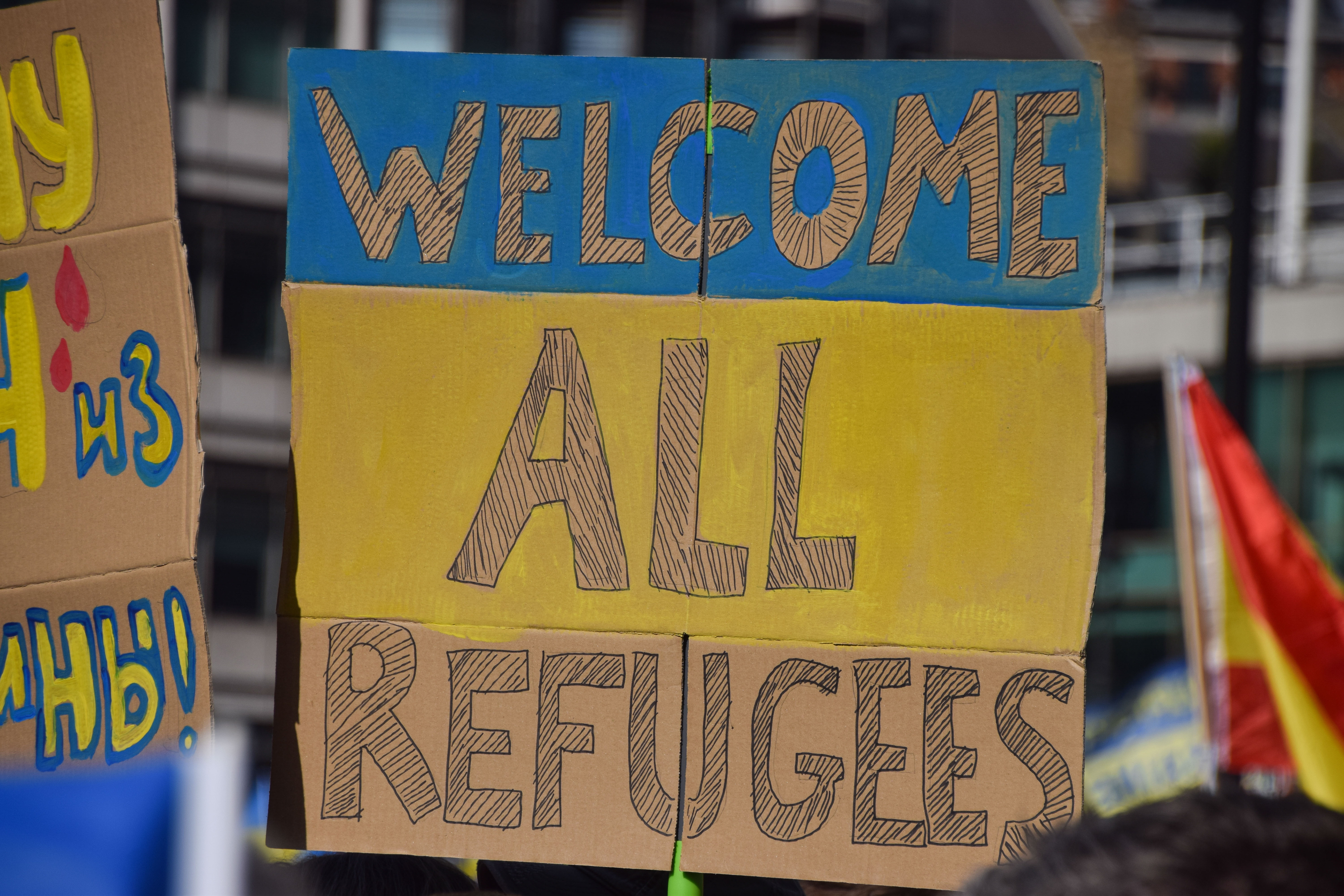 The Year Unwrapped: White refugees, Aegean islands and celebrity gossip
The Year Unwrapped: White refugees, Aegean islands and celebrity gossippodcast Was 2022 the year of the white refugees? What’s really going on in the Aegean sea? And why are we so obsessed with showbiz scandals?
-
 ‘The UK’s malaise will not end with the Prime Minister’s exit’
‘The UK’s malaise will not end with the Prime Minister’s exit’Instant Opinion Your digest of analysis from the British and international press
-
 ‘Police tactics are not getting worse, they are simply being filmed’
‘Police tactics are not getting worse, they are simply being filmed’Instant Opinion Your digest of analysis from the British and international press
-
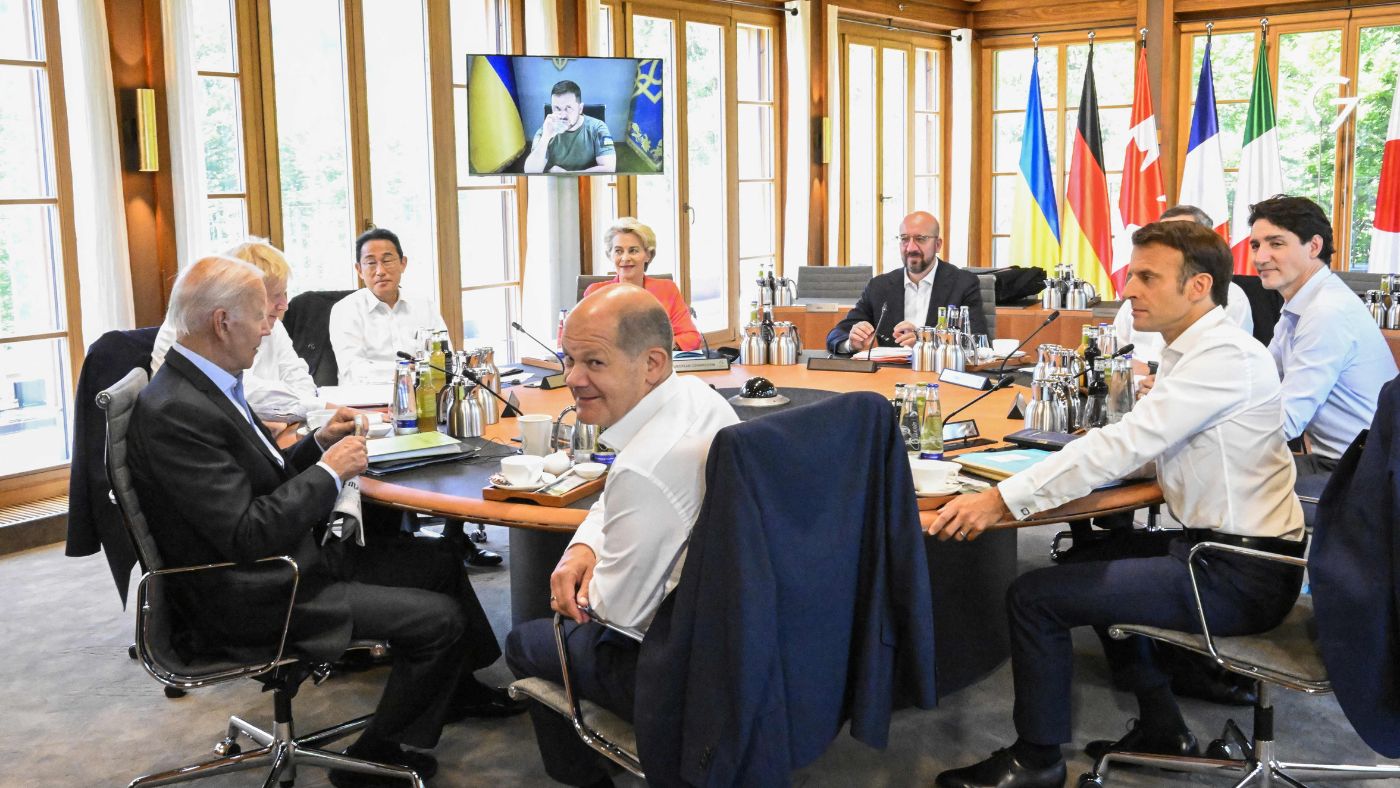 ‘G7 leaders missed a golden opportunity’
‘G7 leaders missed a golden opportunity’Instant Opinion Your digest of analysis from the British and international press
-
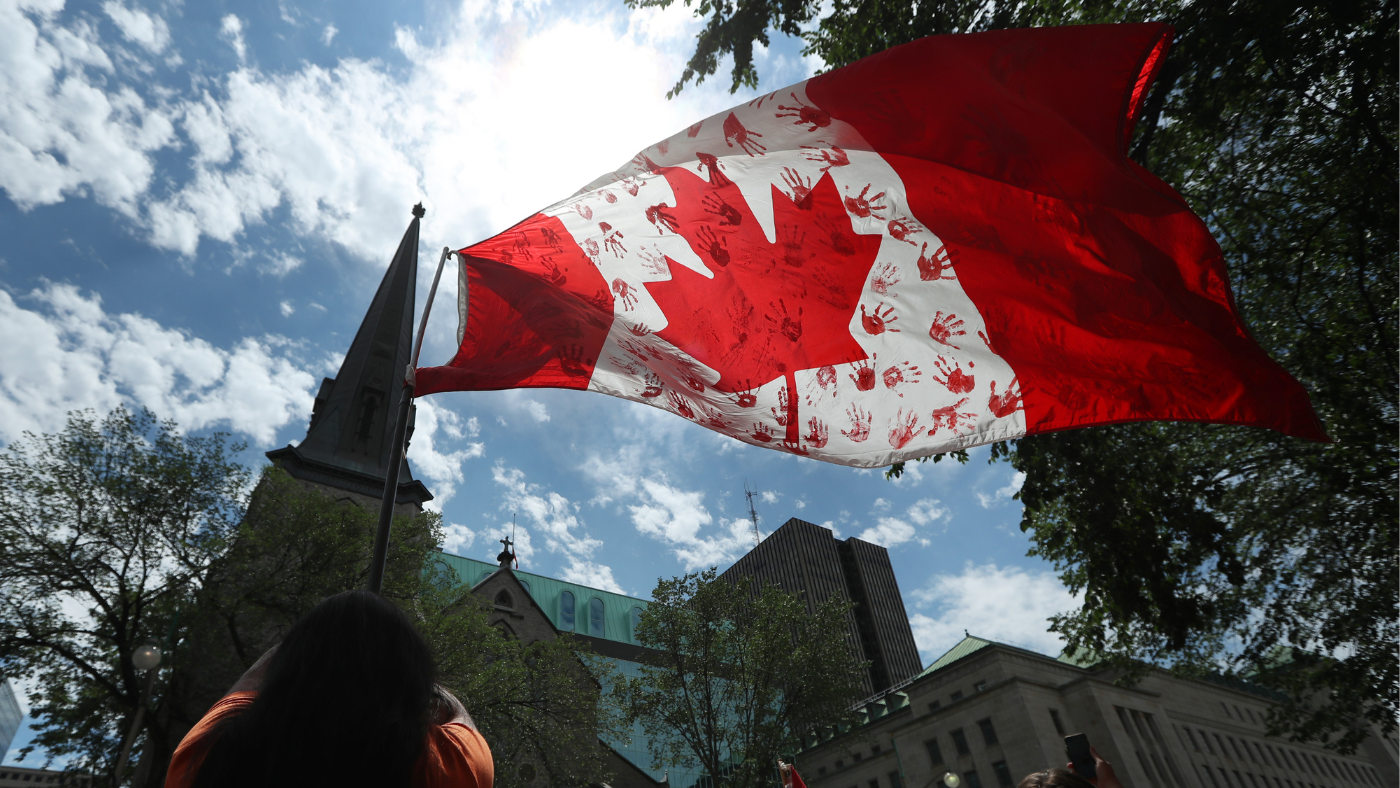 ‘It takes some soul searching to celebrate Canada Day’
‘It takes some soul searching to celebrate Canada Day’Instant Opinion Your digest of analysis from the British and international press
-
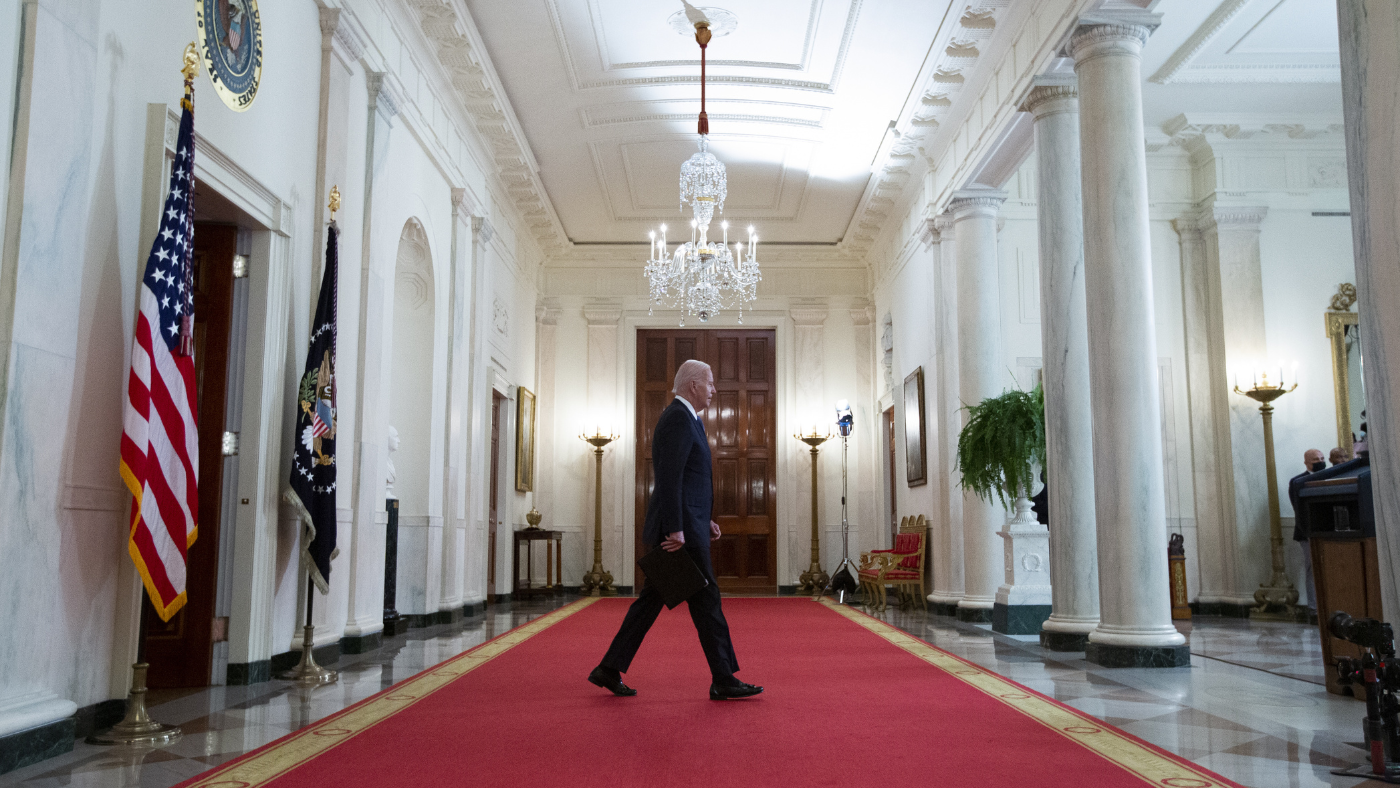 ‘Breakthrough on abortion rights could be there if Biden reaches for it’
‘Breakthrough on abortion rights could be there if Biden reaches for it’Instant Opinion Your digest of analysis from the British and international press
-
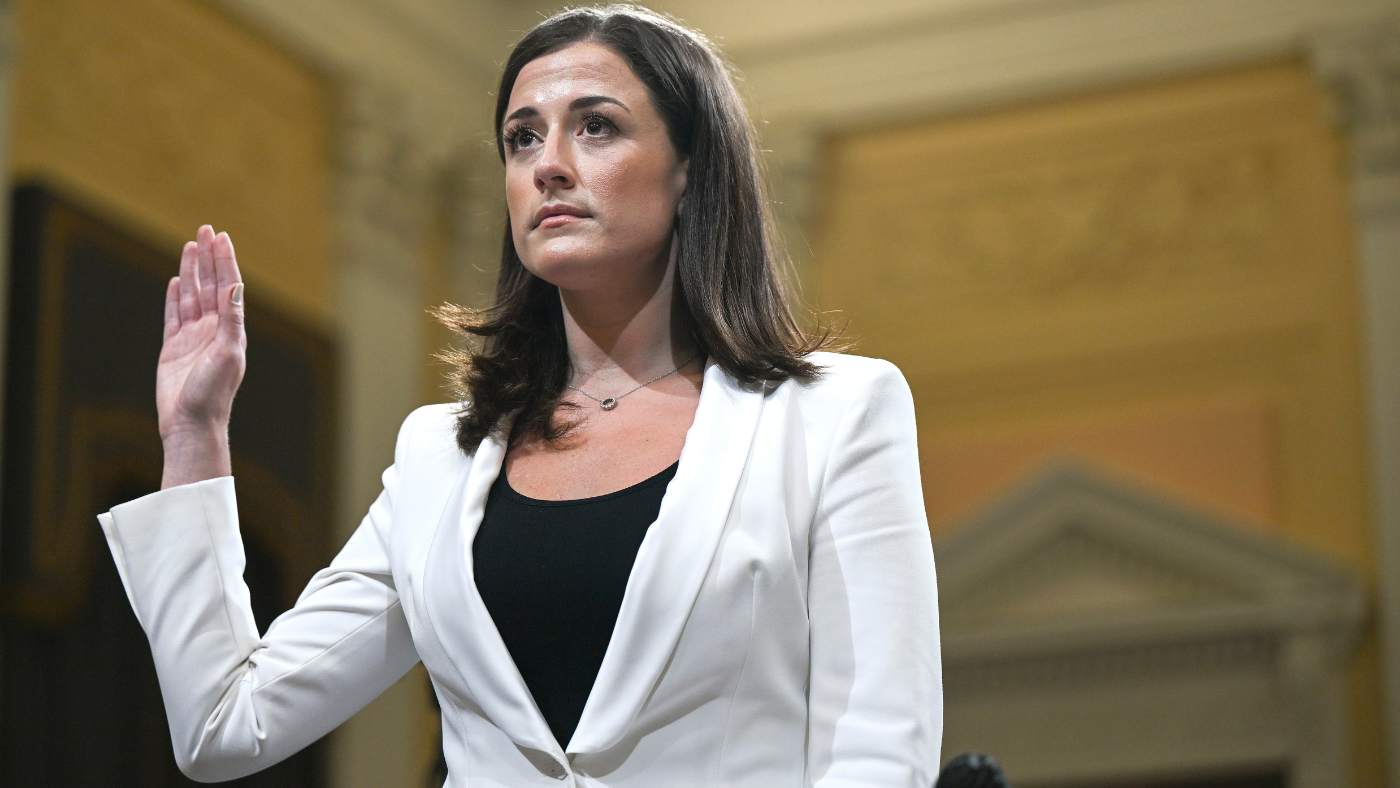 ‘If only Mark Meadows had even half Cassidy Hutchinson’s courage’
‘If only Mark Meadows had even half Cassidy Hutchinson’s courage’Instant Opinion Your digest of analysis from the British and international press
-
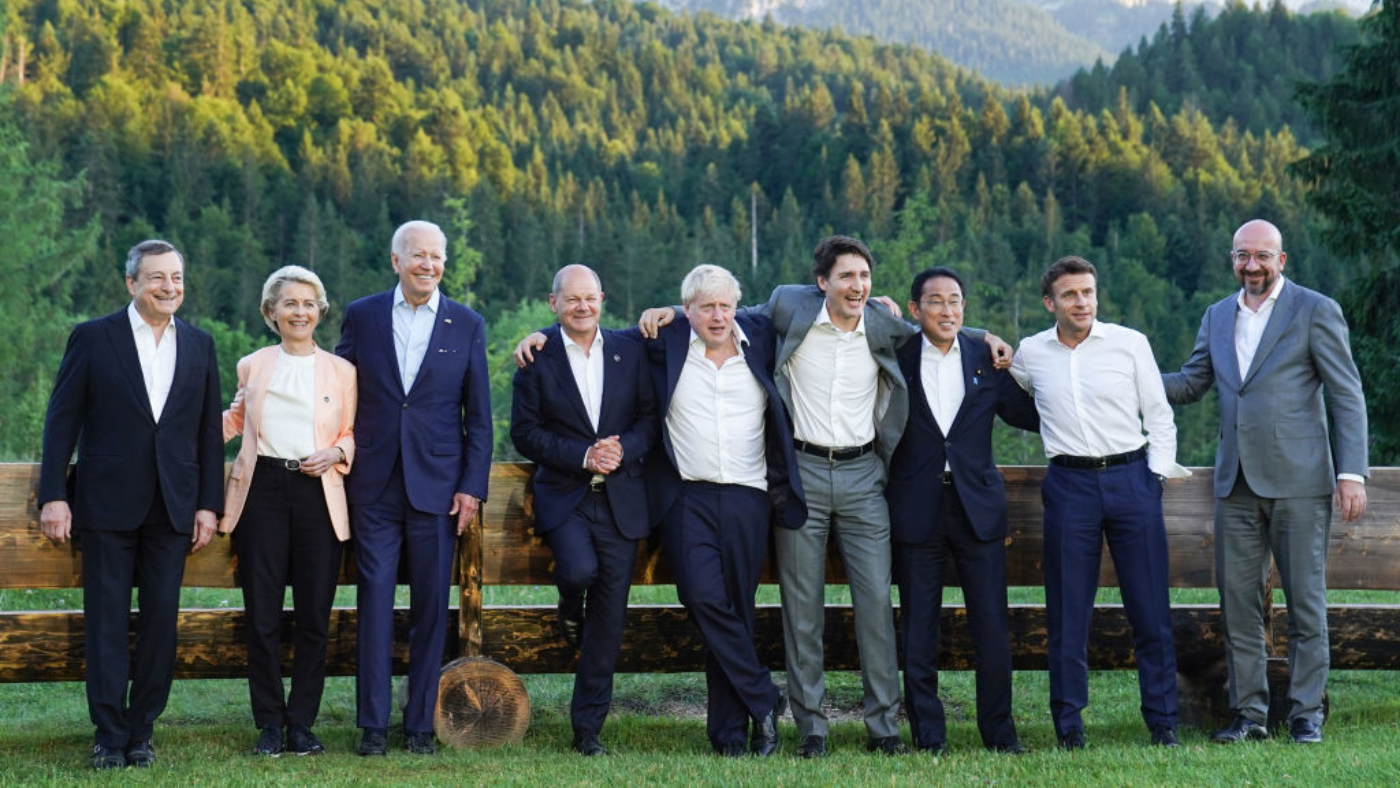 ‘Boris Johnson measures success in biceps rather than brain power’
‘Boris Johnson measures success in biceps rather than brain power’Instant Opinion Your digest of analysis from the British and international press